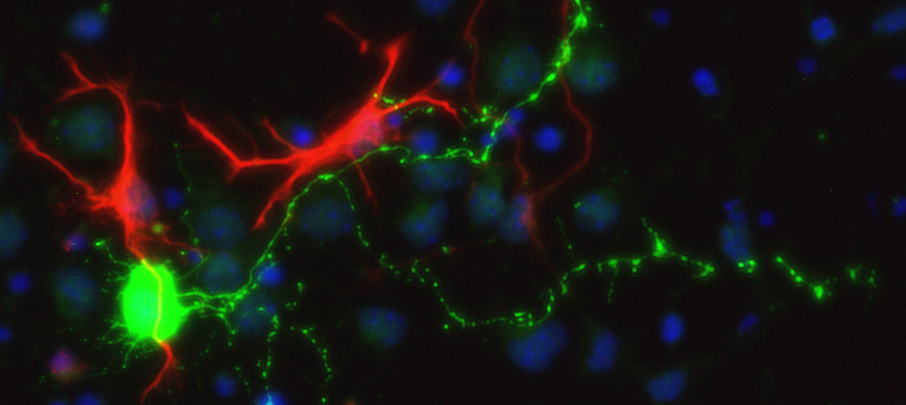Tag: Research
-

Mechanisms Driving Inherited Heart Disease
Northwestern Medicine scientists have identified a novel mechanism for how mutations in desmoplakin — a protein that helps cells stick together — can lead to cardiac arrhythmias and other diseases.
-

Induced Labor at 39 Weeks Reduces Need for Cesarean Birth
A large national study shows electively inducing labor at 39 weeks actually reduces the rate of cesarean deliveries and decreases maternal and fetal complications.
-

DeVries Awarded Prize for Retinal Neurobiology
Steven DeVries, MD, PhD, was awarded the Brian Boycott Prize at the FASEB Science Research Conference on Retinal Neurobiology and Visual Processing.
-

Basic Science: The Foundation for an ALS Cure
Basic Science conducted by investigators at Northwestern’s Les Turner ALS Center is building a foundation for future ALS care.
-

Prompt Treatment Improves Outcomes in Pediatric Sepsis
Pediatric patients with sepsis who completed a series of treatments within one hour of sepsis recognition had better outcomes, according to a new multi-center study.
-

MD/PhD Student Promotes Diversity and Inclusion Through Research, Advocacy
MD/PhD student Emma Gargus is engaged in research designing biomaterials for use in ovarian health and works to advocate for diversity and inclusion in medicine.
-

Exploring the Mechanisms of Poxvirus Replication
A study published in the journal Cell uncovers how poxviruses take control of a protein complex in order to enhance their replication and counteract an immune response in hosts.
-

Exploring Intervention to Improve Medication Self-Management
EHR-based tools designed to help patients manage complex drug regimens failed to improve medication adherence or lower blood pressure among patients with hypertension, according to a Northwestern Medicine study.
-

Scientists Identify New Therapeutic Target in Diabetes
Northwestern Medicine scientists have shown for the first time how an RNA-binding protein in the liver plays an important role in regulating insulin sensitivity throughout the body.
-

Rethinking Longstanding Treatment for Diabetes Complications
Children with a rare complication of diabetes may not need fluid administered slowly, in contrast to current treatment guidelines, according to a study published in the New England Journal of Medicine.






